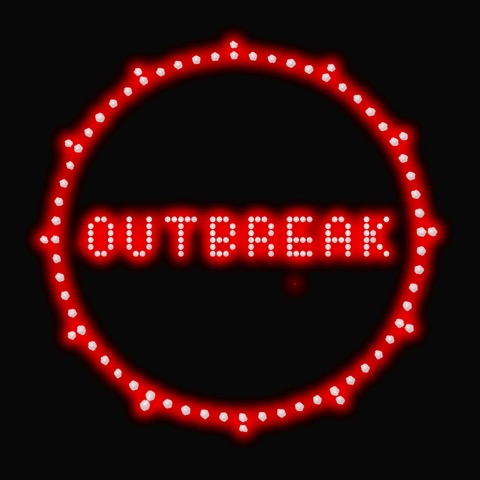The disease that shot into the national spotlight in 1976 when it mysteriously infected 182 people at an American Legion Convention in Philadelphia – resulting in 29 deaths – is now being investigated by the NC Department of Health and Human Services (NCDHHS) after an outbreak in Fletcher, NC, in people who attended the NC Mountain State Fair in early September.
On Tuesday, Sept. 24, the department announced that it’s joining with the Buncombe and Henderson county health departments to investigate multiple cases of Legionnaires’ disease at that fair.
State Epidemiologist Dr. Zack Moore said on Tuesday that, while the cause of the outbreak isn’t known, those who attended the NC Mountain State Fair and are experiencing symptoms should seek help immediately.
“As a precaution, we are recommending that anyone who went to the fair and has symptoms of pneumonia – like cough, fever or shortness of breath – see a doctor right away and talk with them about Legionnaires’ disease,” he said.
Legionnaires’ disease is an unusual form of pneumonia that can occur when people breathe in mist or swallow water that contains Legionella bacteria.
In North Carolina, more than 150 cases of Legionnaires’ disease are reported each year. The symptoms typically begin in two to 10 days after exposure and can include a cough, shortness of breath, fever, muscle aches and headaches. Though it’s a very serious disease, it can be treated with antibiotics. The same type of bacteria can also cause a flu-like illness called Pontiac fever, which isn’t as severe.
According to a press release sent out by NCDDHS on Tuesday, just because you were exposed to the bacteria doesn’t mean you’ll necessarily develop the disease.
“Most healthy people exposed to Legionella bacteria do not get sick,” the press release stated. “The people at highest risk for Legionnaires’ disease include individuals 50 years or older, current or former smokers, and those who have a chronic lung disease or a weakened immune system.“
The bacteria is found naturally in the environment but it becomes a health concern when it’s spread in human-made water systems like hot water tanks, hot tubs and air conditioning systems.
Anyone who thinks they may have contracted the disease or know someone who does, can call the NC Division of Public Health at (919) 733-3419 or they can contact their local health department.

